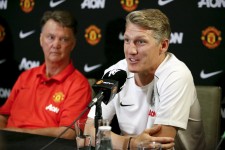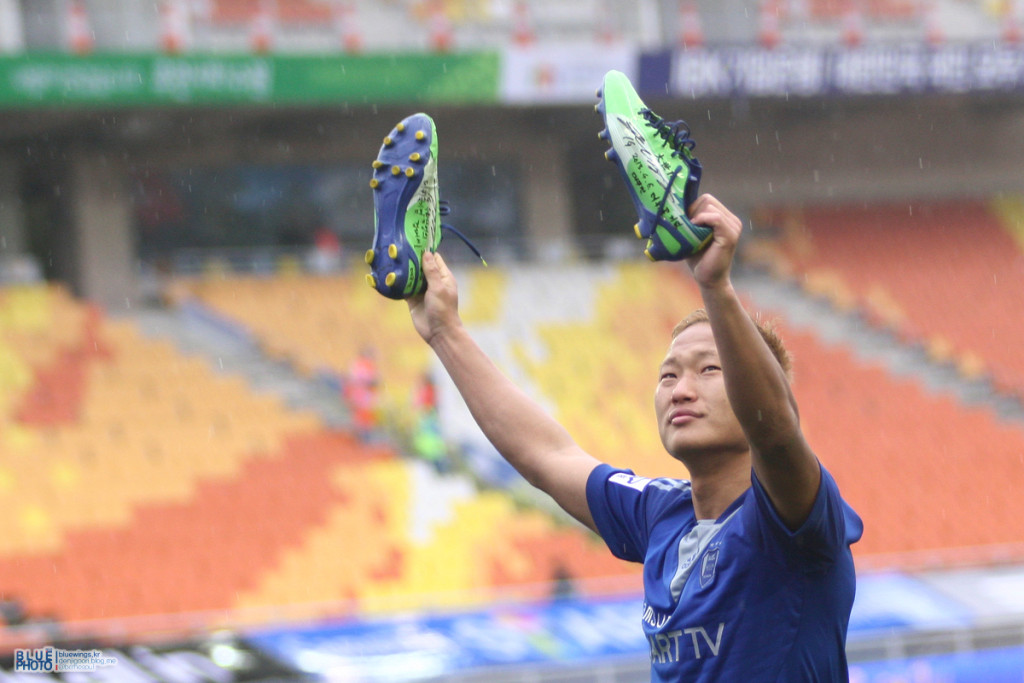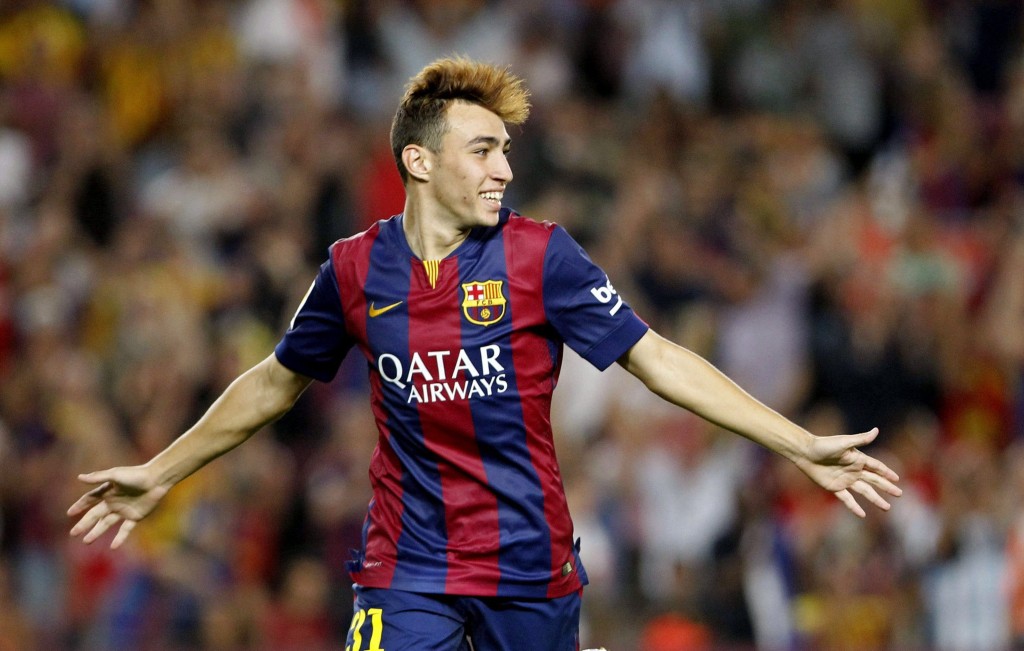
Following Bastian Schweinsteiger’s £14.4 million move to Manchester United, we take a look at three reasons why the German international is Louis Van Gaal’s most important signing since he took over the English club.
1. Training
One of Louis Van Gaal’s defining traits as a manager is the emphasis he places on training: the Dutchman is meticulous and intense with his conditioning and preparation.
As he grew older, Sir Alex Ferguson gradually favoured a less hands-on approach on the training pitch and this might explain the culture shock that some United players experienced last season under Van Gaal, who himself admitted his more demanding methods were taking their toll.
Injuries and loss of form to key men stole momentum from United’s campaign and the signing of Schweinsteiger is a direct reaction to this. Under Van Gaal at Bayern Munich, the Germany international was famously converted from a wide midfielder his now-favoured holding role.
“Schweinsteiger never played there, so after two weeks of training sessions and two matches, he felt he could do more than ever,” Van Gaal told FIFA.com in 2013.
In other words, Schweinsteiger trusts Van Gaal’s methods and knows what will be expected in pre-season and in between big matches. His faith in the philosophy should inspire other players, young and old, and he will no doubt be one of Van Gaal’s lieutenants in this regard.
After all, Schweinsteiger’s career enjoyed a meteoric rise after being converted by Van Gaal, as Bayern immediately won a league and cup double and narrowly missed out on the UEFA Champions League that season.
2. Control
Ultimately, Schweinsteiger’s time at Manchester United will be judged on his performances on the pitch: this is a club where expectations of players are especially high, given the calibre of recent greats (David Beckham, Paul Scholes, Eric Cantona, to name a few).
Schweinsteiger differs from many of his midfield predecessors in his style of play, offering control and rhythm rather than innovation or audacity. He appears to be a replacement for his ageing, English equivalent, Michael Carrick.
This fascinating comparison between the former Bayern Munich lynchpin and Spanish great Xavi provides great insight into the qualities he will bring to United. It is also no coincidence that Van Gaal has previously mentioned both Xavi (whom he handed his Barcelona debut when in charge of the Catalan club) and Schweinsteiger in the same breath, as players he has fostered and developed.
Indeed, United experienced considerable trouble controlling games in midfield and dictating tempo last season, with a number of personnel and combinations attempted in midfield.
Schweinsteiger might not be quite the metronome that Xavi is, but he is one of the Spaniard’s closest contemporaries.
It is ironic then, that Schweinsteiger never flourished under Pep Guardiola at Bayern Munich, who implemented a philosophy in which Xavi had previously thrived. The truth – as shown in the above link – is that Schweinsteiger favours a slightly more direct flavour to his midfield play.
Van Gaal is a manager who is slightly more pragmatic than Guardiola and will foster a style of play that is slightly less focused on ball retention.
This will suit Schweinsteiger perfectly, allowing him the freedom to shoot and get forward without compromising his main job: helping United to keep the ball more effectively.
3. Leadership
“Basti is an absolute leader and world-class player who can put his stamp on any team, including of course Manchester United,” Germany coach Joachim Low said on www.dfb.de recently.
“He knows Louis van Gaal, who wanted him unconditionally.
“He will approach his new challenge in England like we all know him - with edication and highly-motivated.”
A glowing endorsement from his national team coach and pretty much everyone who has cared to comment on the transfer says it all about Schweinsteiger: he is universally respected for both his achievements on the pitch and the manner in which he conducts himself off it.
Until this point he has been a one-club man and all of the quotes attributed to the 30-year old thus far reflect his professionalism.
Leadership is an area where Manchester United have struggled since Ferguson’s retirement, with Wayne Rooney shouldering much of that burden.
Schweinsteiger’s immense experience – at both international and domestic level – will not only relieve that burden but also bring an added air of confidence and direction to every aspect of the club’s running.
Written by Chris Paraskevas
Follow Chris on Twitter @Cparaskevas
Like O-Posts on Facebook
You can also follow O-Posts on Twitter @OPosts









